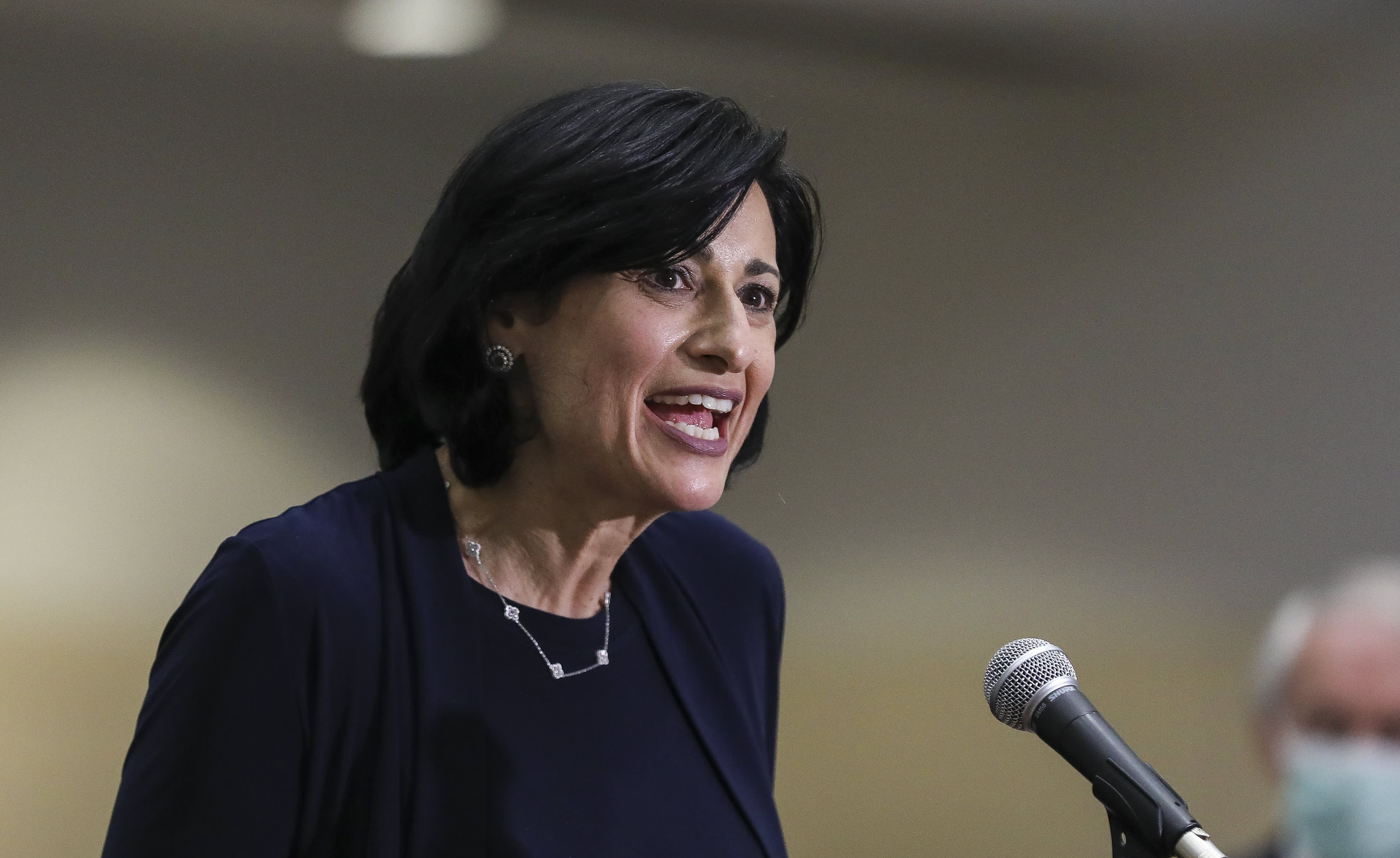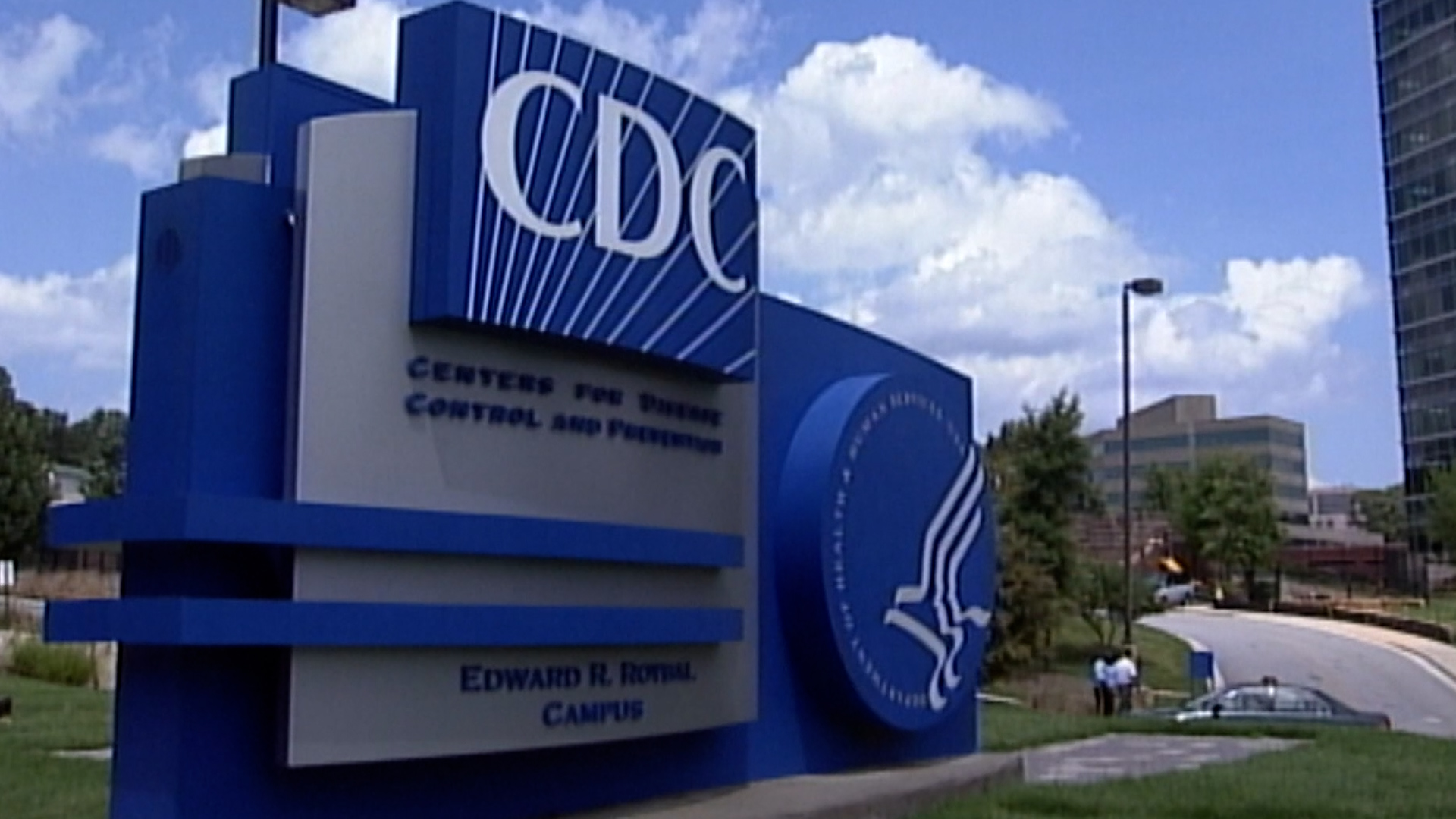California is preparing to administer third “booster” vaccine shots against COVID-19 for older people and immunocompromised adults as well as initial shots for students under 12 once the federal government approves them for children. On Thursday, state officials released a vaccine action plan.It still depends on direction that is expected to come from the U.S. Centers for Disease Control and Prevention.
Last week, the Food and Drug Administration approved third shots of the Pfizer formula for people who are 65 and older, people at high risk of severe illness, and health care workers and others in danger of becoming infected on the job. CDC advisers were set to vote Thursday on who is eligible. The U.S. has already authorized third doses of the Pfizer and Moderna vaccines for certain people with weakened immune systems, such as cancer patients and transplant recipients.
California, with nearly 40 million residents, has the lowest transmission rate of any state and nearly 70% of eligible residents are fully vaccinated. Still, inoculation rates vary widely by region and the focus remains on getting unvaccinated people protected against the disease, said Dr. Mark Ghaly, California's secretary of health and human services said.
Get Southern California news, weather forecasts and entertainment stories to your inbox. Sign up for NBC LA newsletters.
HOW WILL CALIFORNIA GIVE BOOSTER SHOTS?
The state plans to use its existing system, relying largely on pharmacies and primary care providers for adults 65 and older. Some large counties and health care groups are planning for mass vaccination sites and may turn to schools to eventually reach younger people. Some people will still need at-home vaccinations.
The federal government will not be sending pharmacy staff into long-term care homes to deliver third shots. California's plan will include dedicated appointments at pharmacies and primary care providers and on-site vaccinations by local health departments, pharmacies and specialty strike teams.
WILL CALIFORNIA REQUIRE VACCINATIONS FOR SCHOOLCHILDREN?
Some school districts, including Los Angeles and Oakland, have mandated that children 12 and over be required to get the shots to attend in-person school, similar to other vaccine requirements that already exist for California public schools.
Asked about the possibility of a statewide requirement, Dr. Ghaly said his agency is discussing it and watching what's happening at Los Angeles Unified. “No definitive action or decision is being made,” he said, but he noted the existing vaccination requirements for schoolkids.
HOW WOULD YOUNGER CHILDREN GET VACCINATED IF THE SHOTS ARE APPROVED?
California's plan calls for vaccine clinics at schools, pharmacies, and other primary care or pediatric providers to deliver the shots. But the emphasis on who gets shots first may change depending on ongoing hospitalization and infection data.
“Demand for early boosters could be substantial if transmission, hospitalizations, and deaths continue to grow; depending on impact, at-risk populations may be higher priority than under 12 population if disease severity in children remains low," the plan states.
DOES CALIFORNIA HAVE THE CAPACITY TO DELIVER MORE SHOTS?
The state estimates it will need to administer an extra 63 million doses by the end of 2022, assuming approval of initial shots for children under 12 and boosters for everyone. Nearly 12 million residents are not vaccinated or not fully vaccinated.
Providers are administering an average of around 80,000 doses a day but have the capacity to give 420,000 doses a day.



